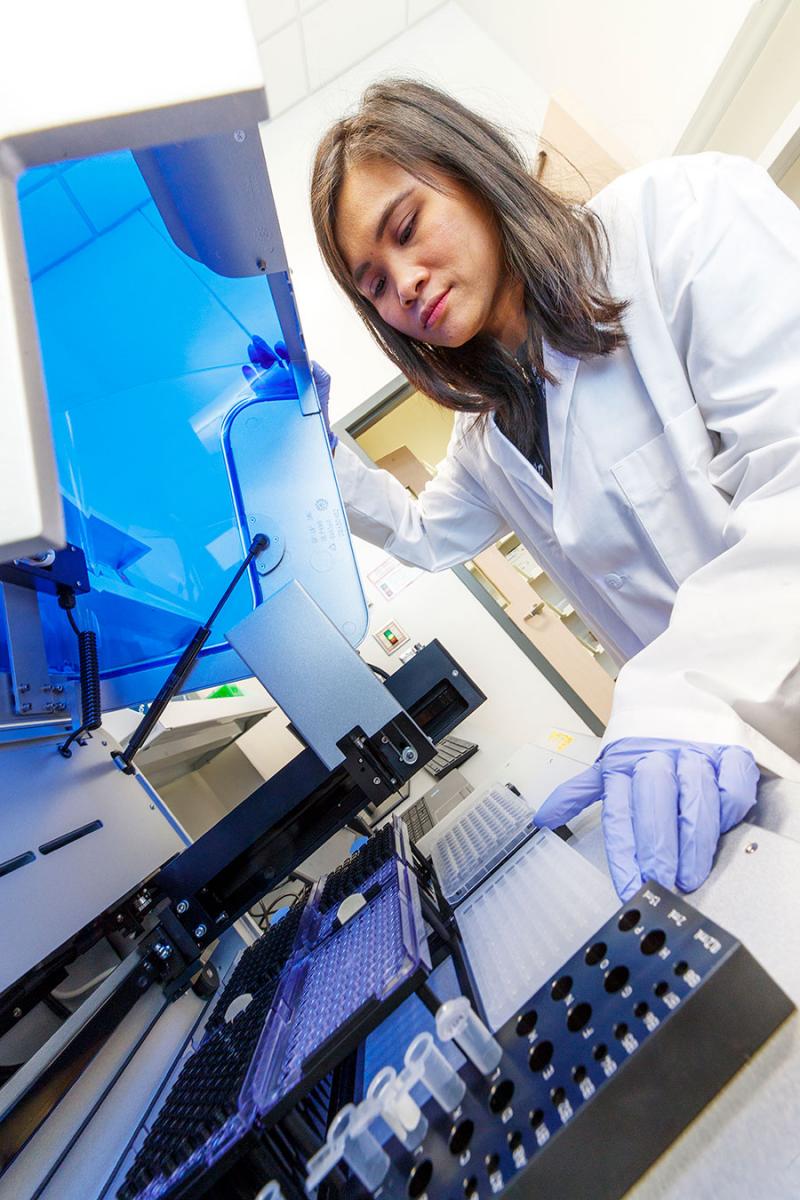Our furry friends are part of our lives, and ensuring their well-being is a responsibility. Pet health labs are key components in monitoring wellness for companion animals.
Throughout this resource, we’ll cover the importance of veterinary labs and outline essential tests.
How Do Veterinary Laboratories Work?
Animal health testing facilities offer diagnostic solutions for identifying medical conditions. They help veterinarians to tailor care to the pet’s needs.

How it works usually includes:
- Obtaining specimens: Specimens from pets are taken by the vet.
- Sample examination: Modern technology evaluate the samples.
- Diagnostic reports: Insights guide care plans for proactive solutions.
Key Diagnostics for Pet Health
Labs provide diverse options for health checks to address medical issues. Common exams include:
- Biochemical screens: Provide an overall health picture.
- Urinary health exams: Ensure bladder health.
- Fecal analysis: Identify digestive disorders.
- Dermatological diagnostics: Identify irritants.
- Radiographic evaluations: Examine internal structures.
laboratório veterinario são paulo
laboratorio necropsia veterinaria
The Benefits of Veterinary Testing
Regular testing helps catch problems early. By identifying issues early, your pets can recover faster.

Additional benefits include:
- Better disease management: Recovery chances improve.
- Avoiding costly emergencies: Emergency costs are avoided.
- Knowing your pet is well: Feel secure about their health.
laboratório veterinário perto de mim
Why Testing Matters for Dogs and Cats
Animal diagnostic centers provide the foundation for accurate diagnoses. With regular lab evaluations, you catch issues early.
Schedule a diagnostic exam now and give your furry friends the best care possible!